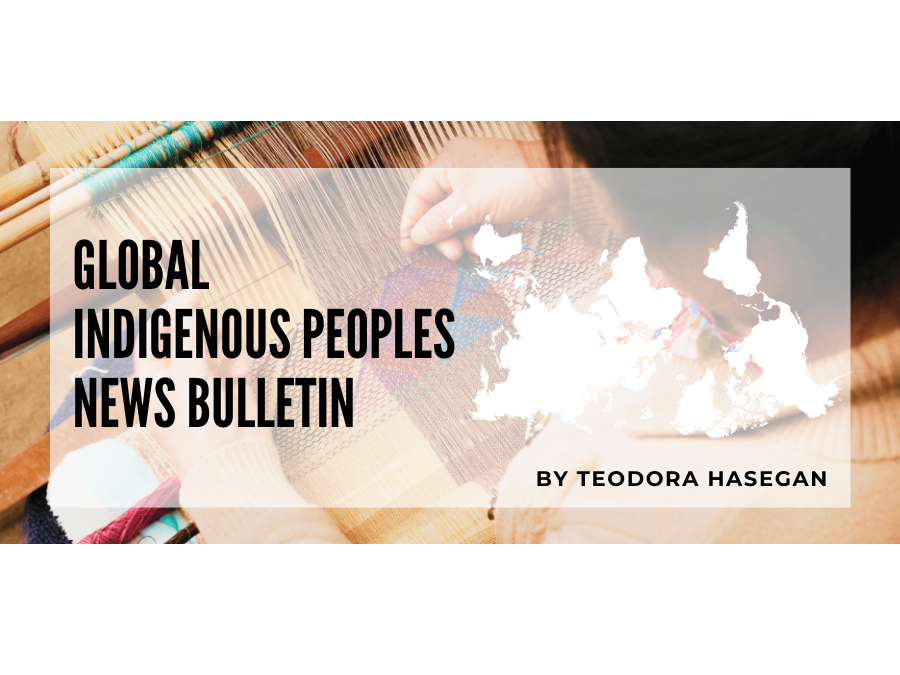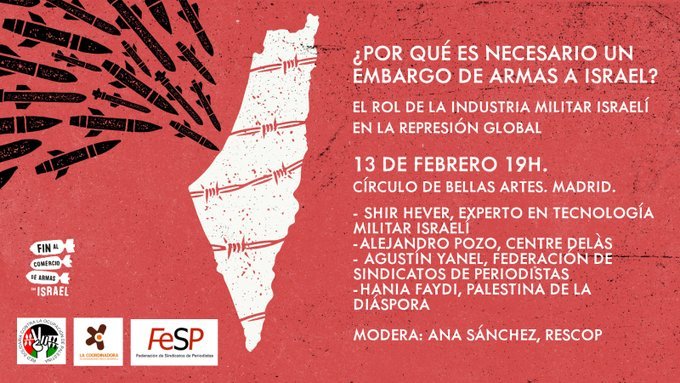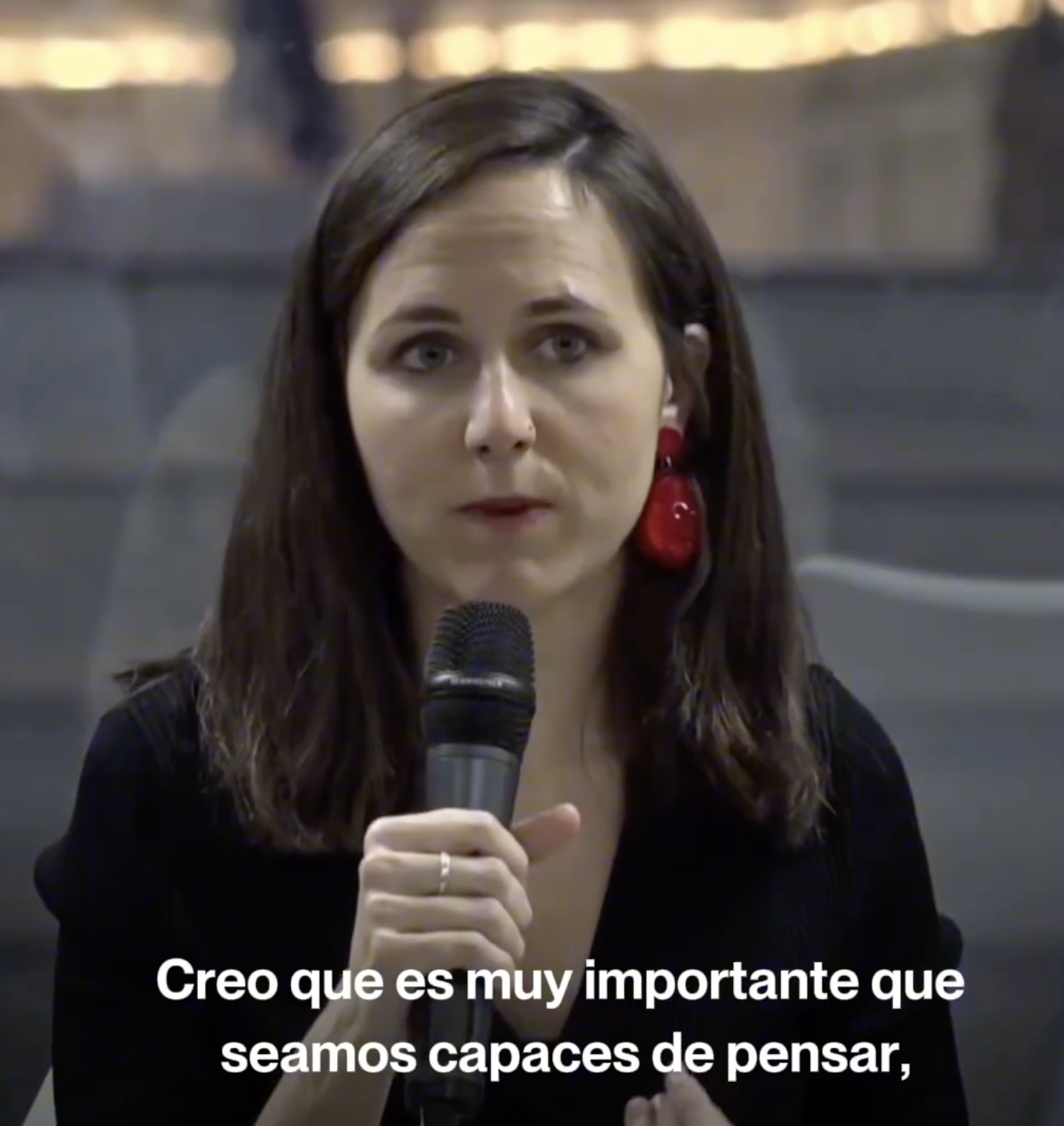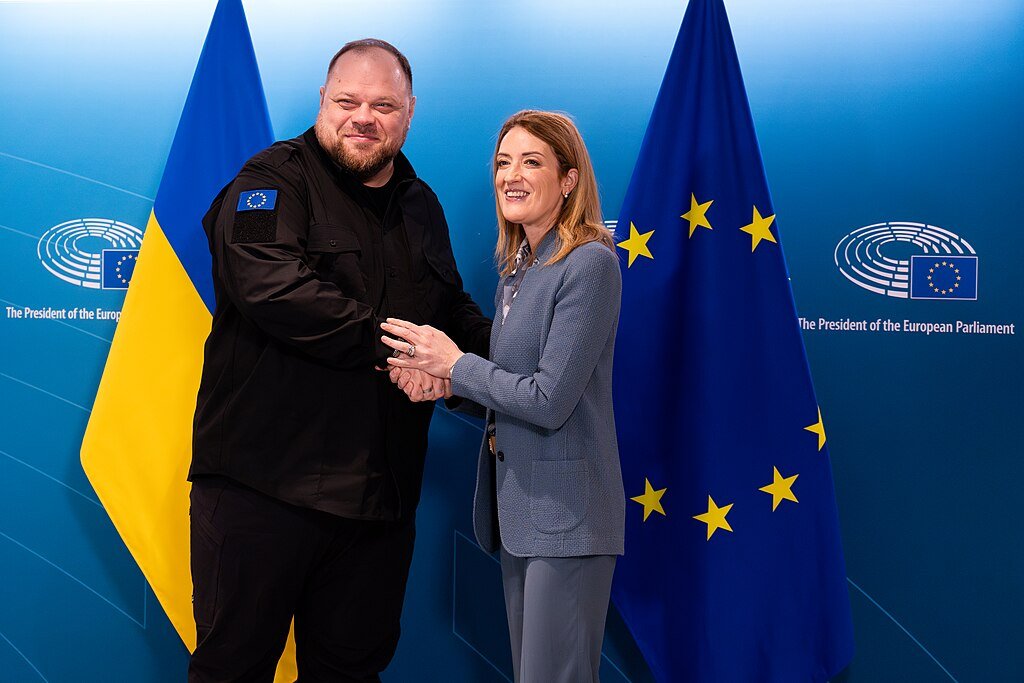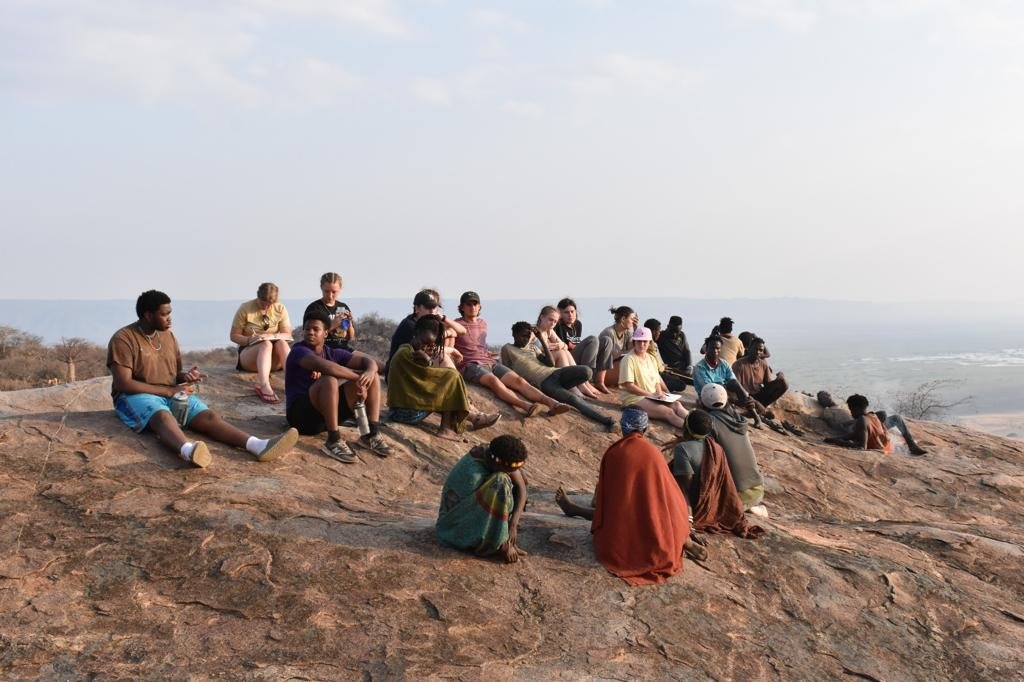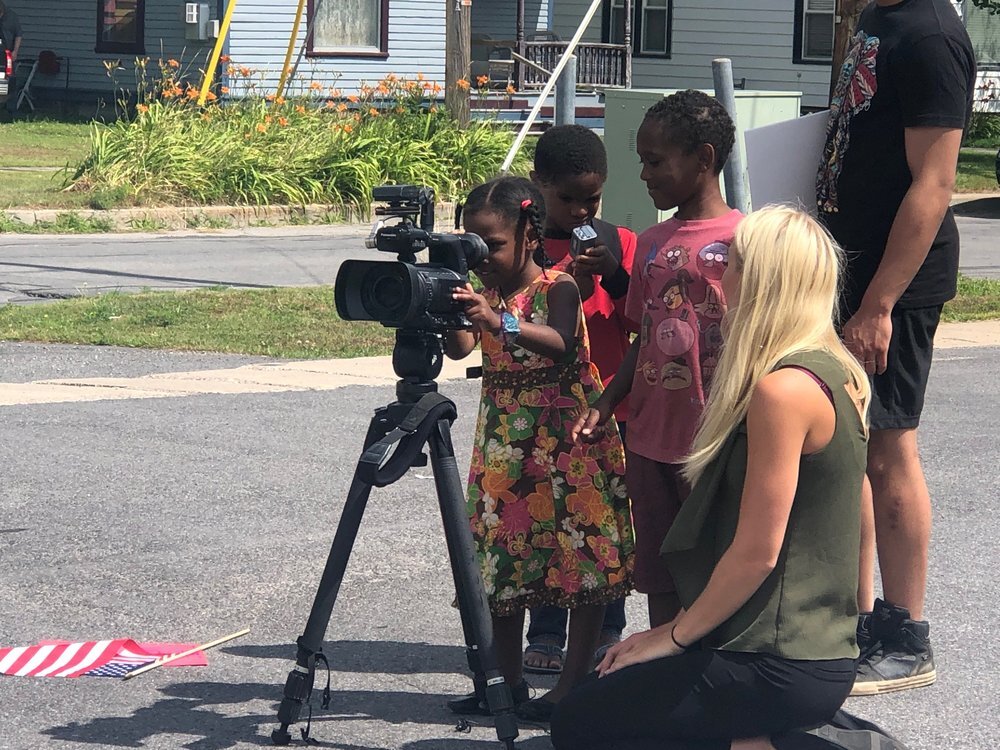
Stories
News

Analysis
Voices
Podcast
Announcements
Events

All Stories
What Does It Mean to Survive?
Time is human, time is ever-changing, never the same, time is unexpected, time is ruthless, and time is everything.
Everything can go so right in a matter of seconds, and in a matter of seconds, all hell can break loose.
I remember the exact time when everything went so wrong and so right.
In Search of Safety: A Family’s Journey Through Gaza
My family’s journey through war-ravaged Gaza started last October, the very day after our Gaza City home was bombed — with us inside — killing my oldest cousin, Mohammed. We knew we had to move. Leaflets fell from the sky, urging us to flee southwest. So began a journey that took us through the Jabaliya refugee camp, Deir Al-Balah, Khan Younis, Al-Nusirat, Al-Qarara, and Rafah. Each stop marked a milestone in a trip punctuated by evacuation orders and displacements. I’ve lost count of the number of times we were told to move, but it’s at least a dozen.
Interweaving with Jorge Ramos Tolosa: Spain’s First Student Encampment for Palestine
To learn more about the first encampment in Valencia, I reached out to Dr. Jorge Ramos Tolosa, who teaches contemporary history at UV. In addition to his scholarship and teaching, he is a longtime activist with BDS Valencia and the Red Solidaria contra la Ocupación de Palestina (RESCOP), a network of Spanish organizations working in solidarity with Palestine.
Boycott en el Barrio: Spanish Protesters Reject Israeli Propaganda Efforts
On an ordinary Wednesday morning in the calm, well-to-do Chamberi district of Madrid, a group of about 150 Spaniards stood on the street corner opposite a large cultural center, with riot police watching on intently, and chanted:
“Murderers! Murderers! Shame! Shame!”
Interweaving with Somdeep Sen: The ICJ’s Investigation of Israel and the Possibilities and Limitations of International Law
On December 29, 2023, South Africa brought a case against Israel before the International Court of Justice (ICJ) in The Hague, arguing that Israel was committing genocide against the Palestinian population in Gaza. On January 11-12, 2024, the ICJ held public hearings on South Africa’s request for provisional measures of protection for the people of Gaza and eventually ruled that Israel was responsible for taking all necessary measures to prevent “acts of genocide” in Gaza. The ongoing ICJ case has been the subject of significant debate. To explore the issue further, I reached out to Dr. Somdeep Sen, a frequent Weave News contributor and a professor at Roskilde University.
Ione Belarra: To Stop Genocide in Palestine, We Must Use Our Heads and Our Hearts
s part of my commitment to bringing justice-oriented voices from Spain to a broader audience, especially in the context of the ongoing struggle for justice in Palestine, I am providing this English translation of remarks made by Ione Belarra, leader of the leftist Podemos party and Minister of Social Rights in the Spanish government between 2021 and 2023. Belarra spoke at a Podemos-organized event at the Circulo de Bellas Artes in Madrid marking 76 years since the beginning of the Palestinian Nakba.
Netanyahu, Collateral Language, and the Gaza Effect
When Israeli Prime Minister Binyamin Netanyahu spoke with international media on October 30, he ostensibly sought to clarify Israel's objectives in its ongoing military assault in Gaza. In doing so, he revealed yet again how language grounded in colonial denial serves to clear the way for the most extreme, even genocidal forms of violence. He also revealed, however, that Israel's brutal bombardment of Gaza may be providing an opening for us to revive a different, more liberating kind of language, one that survives the propagandistic weapons of colonial discourse as embers in the rubble of generational trauma.
Media Confronting Genocide: Open Discussions vs. “Shadow Bans”
As I noted in my recent report on Madrid’s October 15, 2023 Palestine solidarity march, protesters here in Spain have been seeking to focus attention on the genocidal aspects of Israel’s actions in Gaza. “No es una guerra, es un genocidio!” (“It’s not a war, it’s a genocide”) is one of the most common slogans heard at these solidarity events. For this reason, I was very interested in an interview featured in Spanish public broadcaster RTVE’s nightly news program La Noche en 24H last evening (October 18). Program host Xabier Fortes sought to shed light on the genocide issue by speaking with one of the most important international voices on war crimes prosecution. It was a refreshingly direct conversation.
NPR’s Celebration of German Public Memory: A Study in Colonial Amnesia
By acknowledging only the Jewish victims of the Holocaust, Martin and Smith’s conversation actually illustrates the failure of Germany to be “honest about its past harms.” For example, there is an urgent need to overcome the collective denial surrounding Germany’s history of colonization and genocide.
Dissecting Boston XII: Forest of Watchers
By Tzintzun Aguilar-Izzo
As part of our ongoing Weaving the Streets project, Tzintzun Aguilar-Izzo reveals his final act of artistic resistance. As the conclusion for this "Dissecting Boston" series, Tzintzun created a public installation on the beach of Plum Island, Massachusetts. This installation, "Forest of Watchers," embodies the subaltern gaze. It destabilizes the colonial borderlines of history; borderlines we are all complicit in constructing.
Dissecting Boston XI: Vandal Art
By Tzintzun Aguilar-Izzo
As part of our ongoing Weaving the Streets project, Tzintzun Aguilar-Izzo contextualizes his acts of artistic resistance/vandalism. To accomplish this task, Tzintzun revels his previous intrusions within the border walls of the museum. From the Metropolitan Museum of Art in New York City to the Institute of Contemporary Art/Boston, Tzintzun employed art/activism to re-politicize the white walls of censured history.
Dissecting Boston X: Projected Other
By Tzintzun Aguilar-Izzo
As part of our ongoing Weaving the Streets project, Tzintzun Aguilar-Izzo explores his Mexican American mask and the layers of racism that lie underneath the surface of Plum Island, Massachusetts. To illustrate his argument, Tzintzun narrates the act of artistic rebellion he underwent to prevent the flattening of his Mexican American heritage into a "taco." Hard shell or soft shell, anyone?
DISSECTING BOSTON IX: Undesirables
By Tzintzun Aguilar-Izzo
As part of our ongoing Weaving the Streets project, Tzintzun Aguilar-Izzo delves deeper into the development/conquest of Plum Island, Massachusetts. In doing so, Tzintzun grapples with the correlations between real estate and border construction. All bordered communities exclude portions of the population. The question remains: Who are these "undesirables"?
Dissecting Boston VIII: Land Addiction
By Tzintzun Aguilar-Izzo
As part of our ongoing Weaving the Streets project, Tzintzun Aguilar-Izzo explores the correlation between private ownership and climate change. By analyzing the 1920s partitioning of Plum Island, Massachusetts, Tzintzun dissects humanity's ownership addiction.
Dissecting Boston VII: Erosive Division
By Tzintzun Aguilar-Izzo
As part of our ongoing Weaving the Streets project, Tzintzun Aguilar-Izzo describes his own act of figmantary division on the beaches of Plum Island, Massachusetts. In a public installation piece (beach art) entitled the "Outer Limit," Tzintzun brings to light the correlations between borders, private property and human induced global warming.
Dissecting Boston VI: Puritan Fencing
By Tzintzun Aguilar-Izzo
As part of our ongoing Weaving the Streets project, Tzintzun Aguilar-Izzo explores the historical roots of New England's gentrified divisions, unraveling the complex history of colonial boundaries.
From Darfur to Holot: My Story
By Osman Mohamed Ali
This post is part of our project, Holot: Crossroads of Global Violence.
I am one of the victims and survivors of the Darfur genocide in Sudan.
I was born in a small village around Zalingei in Western Darfur. Growing up in Sudan, education has always been something that helped me to overcome obstacles in my life, but obstacles have now arisen that stop me from even obtaining an education. My primary school was far from my village, and it took me more than two hours to get to school on foot every day. Despite all the difficulties and instances of interruption, I have never lost faith in the power of education.

